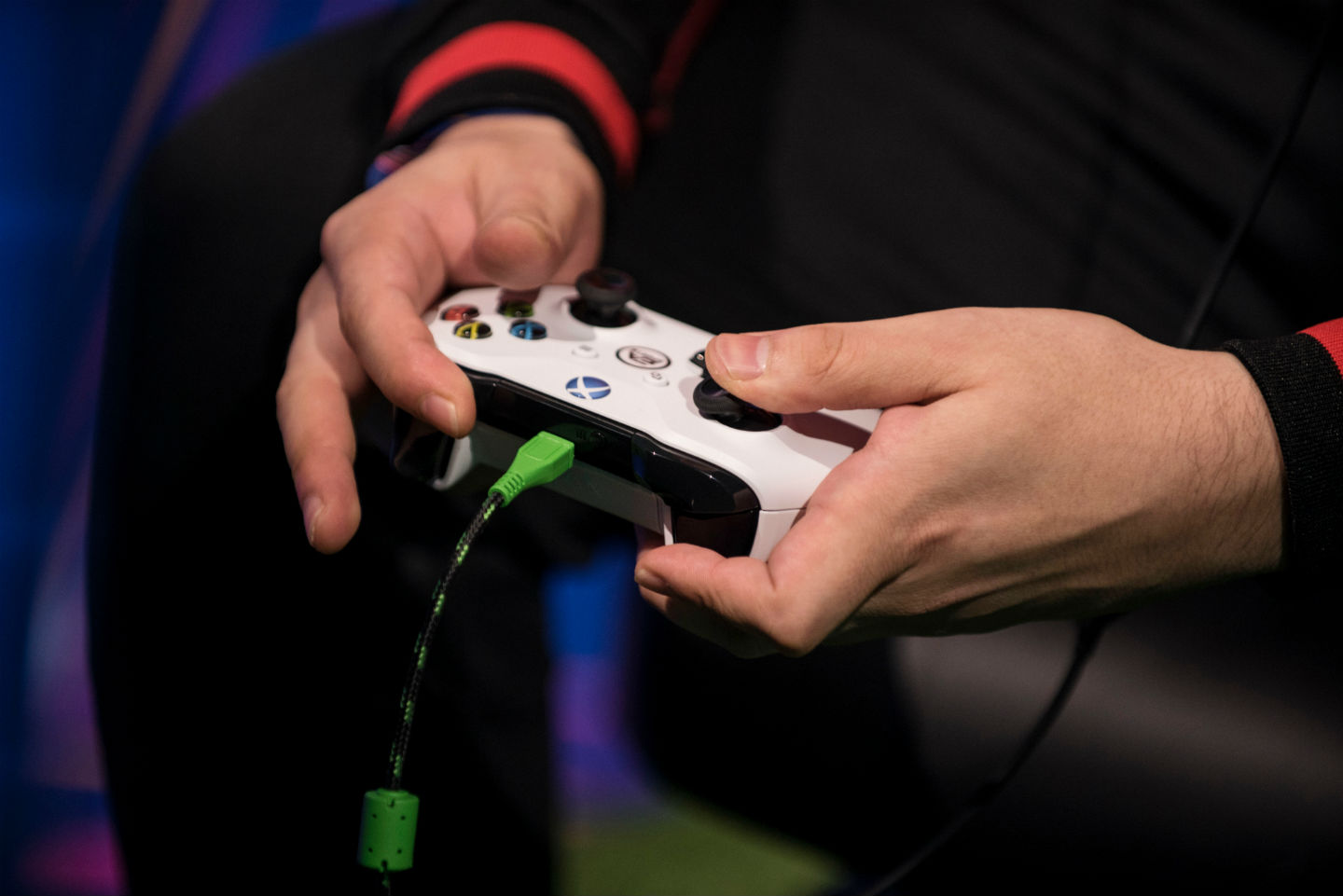
Unlocking the next level: coaching and computer games
- Jack Walton
- 30 November 2016
Coaches can learn lots from computer game design including how to incorporate challenge and motivation into football practices, writes Jack Walton.
Many readers of a certain generation will remember playing Tetris on the Game Boy until their thumbs ached.
Today’s children laugh and are amazed at the basic consoles we used to play on. Amazing 3D lifelike worlds of Call of Duty and Minecraft may be the popular choice nowadays, but there are more similarities across both generations than we may realise.
There are some consistent themes with popular games that keep the players thirsty, desperate and coming back for more action. I think we can learn from these principles to help us to design more engaging football practices that keep the players coming back and asking for "just one more turn".
The reason I and 143 million others were hooked to the likes of Tetris is that the game offered subtle and varied repetition. The games get progressively harder which builds up the tension to a frustrating, infuriating crescendo.
But all that frustration just made the joy of completing the levels and progressing onwards even more intense. Each player could find their own level to play at. It was never too easy and there was always a top score to beat. This meant that players could measure themselves against each other and, just as importantly, against themselves – an aspect of game design which is a stable motivating factor. You wear your personal best like your badge of honour.
Then came the likes of Super Mario. A character that we adopted the persona of in almost a role play type event. This was more than just jumping over boxes and dropping down drain pipes, there was the challenge of solving ever more complex problems. We could now save our games and pick up from where we left off, enabling us to practise repeatedly in a zone just beyond our current ability without having to completely start again all the time.
Constant feedback loops are present in any successful game. Be it ranking, score, lives left or time
Fast forward to current games and those principles still exist. Just on a turbo scale. Call of Duty and Grand Theft Auto keep players hooked even more intensely now because they have also added in a social and collaborative element and mixed it in with a huge dose of freedom, ownership and informal play.
Now you can just as easily join up with a team from the other side of the world to make friends and do battle as you can play on your own and wander and explore.
Psychologists will tell us that there are a lot of subtle things going on that add to this addictive experience. Constant feedback loops are present in any successful game. Be it ranking, score, lives left or time. The game tells us how we’re doing and we like that. We experience ‘The Gambler’s Fallacy’. The belief that the game is beatable and that success is inevitable at some point. We get small pockets of success which adds to the dopamine effect that acts upon us and it’s those small bursts of pleasure that keep us playing.
That’s why some people invest so much of their income into fruit machines. It’s not because they never win - they do regularly - albeit often small amounts. But the game keeps them coming back for more. Instead of money, what if the football practices we design had our players investing time, effort, persistence and practice in a bid to ‘beat the game’?
The reason I and 143 million others were hooked to the likes of Tetris is that the game offered subtle and varied repetition
Nowadays it is more than just games manufacturers who have embraced these principles. Companies such as Nike have us constantly running further, faster and for longer in a bid to unlock the next challenge whilst encouraging people to be more active.
If we can use our imagination (or the players) and bear some of these ideas in mind when we are designing practice for our players, whilst not forgetting that it is the game of football that we’re trying to help them learn as the end product, then we might just have them spending more time in the penalty box than on the Xbox.
So, what's the recipe of a good game?
- Repetition
- Frustration
- Mastery
- People
- Feedback


